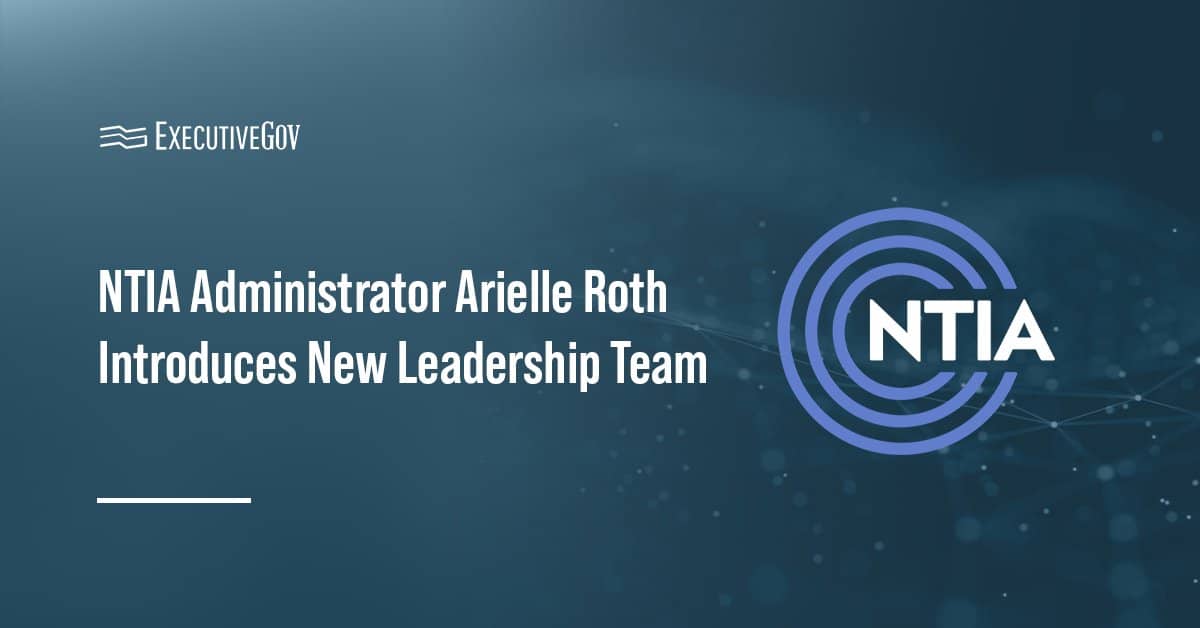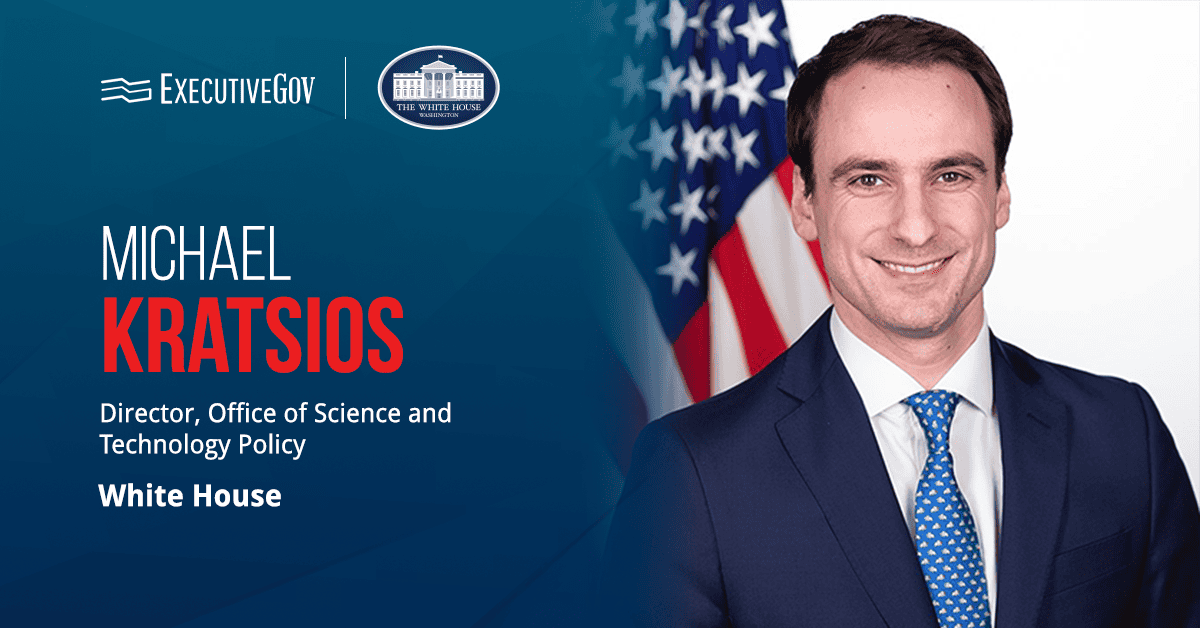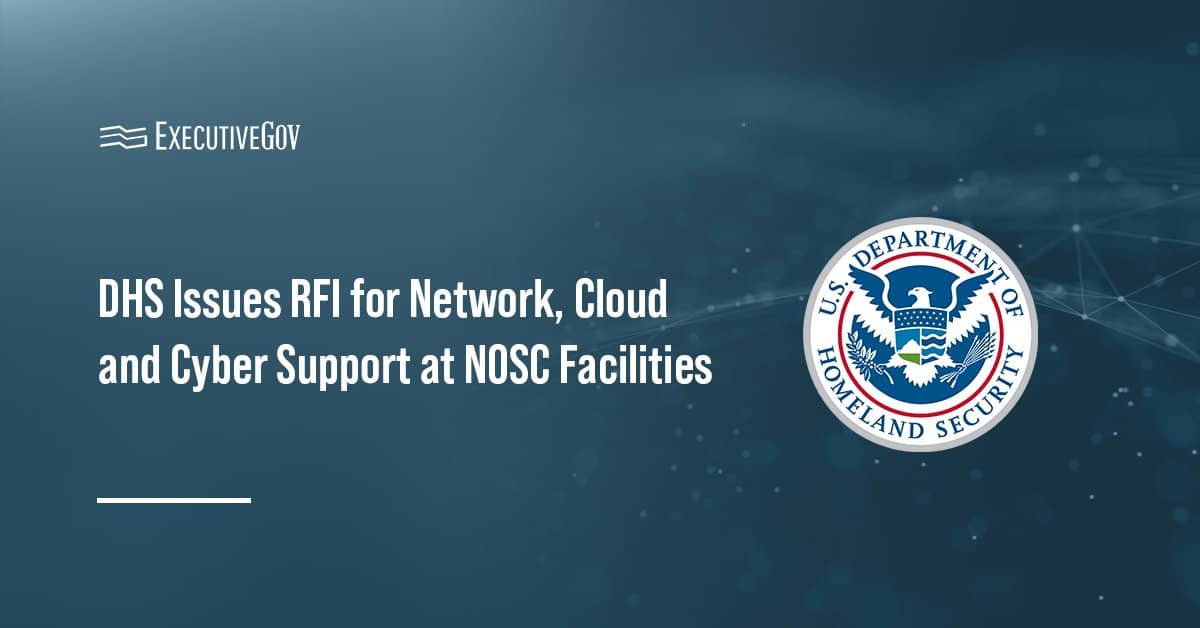 NASA has decommissioned the Kepler space telescope, now out of fuel, after nine years of detecting planets beyond the solar system.
NASA has decommissioned the Kepler space telescope, now out of fuel, after nine years of detecting planets beyond the solar system.The space agency said Wednesday it deactivated Kepler in a safe orbit, concluding the spacecraft’s discovery record of over 2.6K distant planets.
“As NASA’s first planet-hunting mission, Kepler has wildly exceeded all our expectations and paved the way for our exploration and search for life in the solar system and beyond,” said Thomas Zurbuchen, associate administrator of NASA’s Science Mission Directorate.
Kepler’s latest findings indicate the presence of rocky planets floating around the stars seen from Earth at night.
NASA will use the spacecraft’s most recent data to support the Transiting Exoplanet Survey Satellite, the agency’s newest planet detector.





